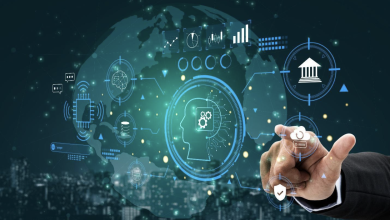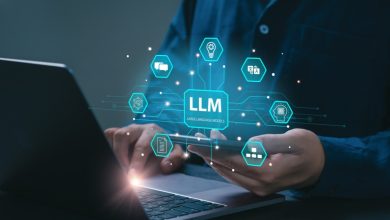
Artificial intelligence (AI) and machine learning (ML) have become critical competitive advantages in today’s climate. These technologies are rapidly becoming the standard for managing data, streamlining and enhancing processes, and strategically positioning businesses within their industries.
A recent Gartner® report found one-third of technology and service provider organizations with AI technology plans said they would invest $1 million or more into these technologies in the next two years. However, the costs associated with AI and ML—along with the skill sets and resources needed to manage them—are often considered a barrier to implementation.
So what do these tools bring to the table, and are they worth the investment?
The Power of Automation
Purchasing or subscribing to AI or ML services—and integrating them across workflows—can be a massive investment for companies. The benefits, however, can outweigh the costs for organizations looking to step up their game.
First, ML and AI enhance automation at an unprecedented scale. This can free up a business’s limited resources for tasks like research and development, allowing for more significant advancements in business strategy and execution at the human level. On an individual level, employing ML and AI can help IT professionals spend less time on the mundane, repetitive tasks consuming their time, allowing them to focus on more complex, challenging, and exciting problems requiring their unique skill sets. For example, automating rules in IT requests for employees can route them to the right support group or webpage for their issue so they don’t have to email an IT team member for each straightforward request. Of course, a human touch is always necessary for more complex problems, but taking care of simple fixes is well within the realm of today’s AI and ML tools.
With the recent explosion of data available to companies, there are feasible limits to what a staff of human employees can reasonably analyze and manage. Shifting to AI/ML services can augment your workforce’s ability to analyze data at scale while introducing cost advantages in a management capacity. Using AI/ML services to perform data analysis means employees can spend their time evaluating key patterns and determining how to make data-driven decisions capable of driving the business forward.
Instead of replacing the work of human employees, machine learning can help augment the creativity and skills of human IT workers with consistent, data-based, and intelligent actions. This helps employees reduce screen fatigue and provides the IT team with system monitoring on a 24/7 schedule, helping minimize human error. Employees will then have more time to do what people do best: foster collaborative relationships to improve efficiencies. Organizations can reap the benefits of continuous IT improvement by using the best qualities of algorithms and human employees.
Strengthening Security With AI/ML
Likewise, as organizations continue to look for ways to address the heightened security needs in their IT ecosystems, the introduction of AI/ML can help businesses develop a moat around their key technologies and supplement the work done by the existing security team.
As a result of rapid digital transformations—which were accelerated by the pandemic—every industry has seen a surge in high-level cybersecurity breaches. In fact, the 2021 SolarWinds® IT Trends Report found 49% of IT professional respondents perceive their organizations’ senior leaders or decision makers to have a heightened awareness of risk exposure, believing it’s not “if” but “when” a risk factor will impact them.
Implementing AI/ML can help security operations centers analyze data at deeper levels of complexity and across a higher order of magnitude of performance indicators. Beyond the automation of low-level tasks and routines, AI and ML features can allow teams to develop more sophisticated alert systems, aiding in cross-departmental awareness of identified breaches or vulnerabilities. As with data analytics, AI/ML provides 24/7 monitoring of threats and can quickly send alerts to employees, who can respond to the crisis no matter when attackers strike.
AI is also a vital tool in the fight against modern cyberattacks, as it’s increasingly being used in cyberattacks. Having AI in place to respond in kind can be a huge help. When it comes to reducing risk in the enterprise, AI and ML are key tools IT pros can leverage to strengthen the security posture of their organizations.
The amount of data available to companies continues to grow, and the security needs for businesses continue to increase. These environmental conditions render AI and ML services essential for routine analysis and management and critical for vulnerability detection. Building these core capabilities into your business becomes more vital every day, especially as the world adjusts to the rise of complex generative AI like ChatGPT. AI and ML tools augment the creativity and skills of your IT workforce and can help secure the future of the entire business.




